When it comes to building an impressive physique, few features make a statement like long, muscular arms. Whether you're lifting, pushing, or simply reaching out, your arms are one of the most visible and functional parts of your body. But too often, people focus on just one or two exercises, leaving out key muscle groups that make all the difference in shape, size, and strength. In this guide, we’ll break down the main arm muscles to workout and show you how to target all arm muscles effectively for full, balanced development.
The Main Muscles in the Arms to Workout
Your arms aren't just biceps. To develop them fully, you need to understand the three primary groups of muscles:
-
Biceps Brachii – Located on the front of the upper arm, the biceps control elbow flexion and forearm rotation.
-
Triceps Brachii – On the back of the upper arm, triceps are responsible for elbow extension and make up over two-thirds of your arm’s size.
-
Forearms – A complex group of smaller muscles that control grip strength, wrist flexion/extension, and elbow stability.
Different Arm Muscles to Workout for Complete Results
To train all these muscles, you need to go beyond the basics. Here are key movements to hit different arm muscles:
-
Biceps:
-
Barbell curls
-
Concentration curls
-
Hammer curls (also hit the brachialis and brachioradialis)
-
-
Triceps:
-
Close-grip bench press
-
Overhead dumbbell extensions
-
Triceps pushdowns (with rope or straight bar)
-
-
Forearms:
-
Wrist curls
-
Reverse curls
-
Farmer’s carries
-
It’s not just about lifting heavy—technique, time under tension, and variety are crucial to stimulate all fibers across the muscle groups.
What Arm Muscles to Workout — And When
If you're wondering what arm muscles to workout in a given session, consider splitting your arm workouts across the week. For example:
-
Day 1: Triceps (paired with chest)
-
Day 2: Biceps (paired with back)
-
Day 3: Forearms (paired with legs or shoulders)
This keeps volume high without overtraining. Alternatively, you can devote one focused day to arms and hit 90 to 120 reps total, divided across compound and isolation exercises.
The Secret to Long, Muscular Arms
While genetics play a role in arm length, you can create the appearance of longer arms by emphasizing the long head of the triceps and brachialis muscle, which sit deeper and give your arms thickness and shape. Exercises like overhead triceps extensions and hammer curls are gold here.
Another overlooked factor? Posture. Rounded shoulders and tight lats can compress your upper body frame. Mobility work and stretching your pecs and lats can visually elongate your arms.
Personal Experience: From Average to Athletic
When I first started training, my arms lagged behind my chest and shoulders. I followed the classic routine—barbell curls and pushdowns—but saw minimal change. The breakthrough came when I began isolating different heads of each muscle, focusing on form over ego-lifting, and training forearms directly. Within 12 weeks, I saw dramatic improvements—not just in size, but symmetry and strength. That change reshaped how I programmed arm days and how I coached others.
Final Thoughts
Building long, muscular arms isn’t about doing 100 curls in front of a mirror. It’s about knowing which muscles in your arms to workout, training them smartly, and staying consistent. Prioritize quality reps, hit all three major groups, and include movements that challenge the arm from different angles and ranges of motion. With time, your arms will not only grow—they’ll command attention.








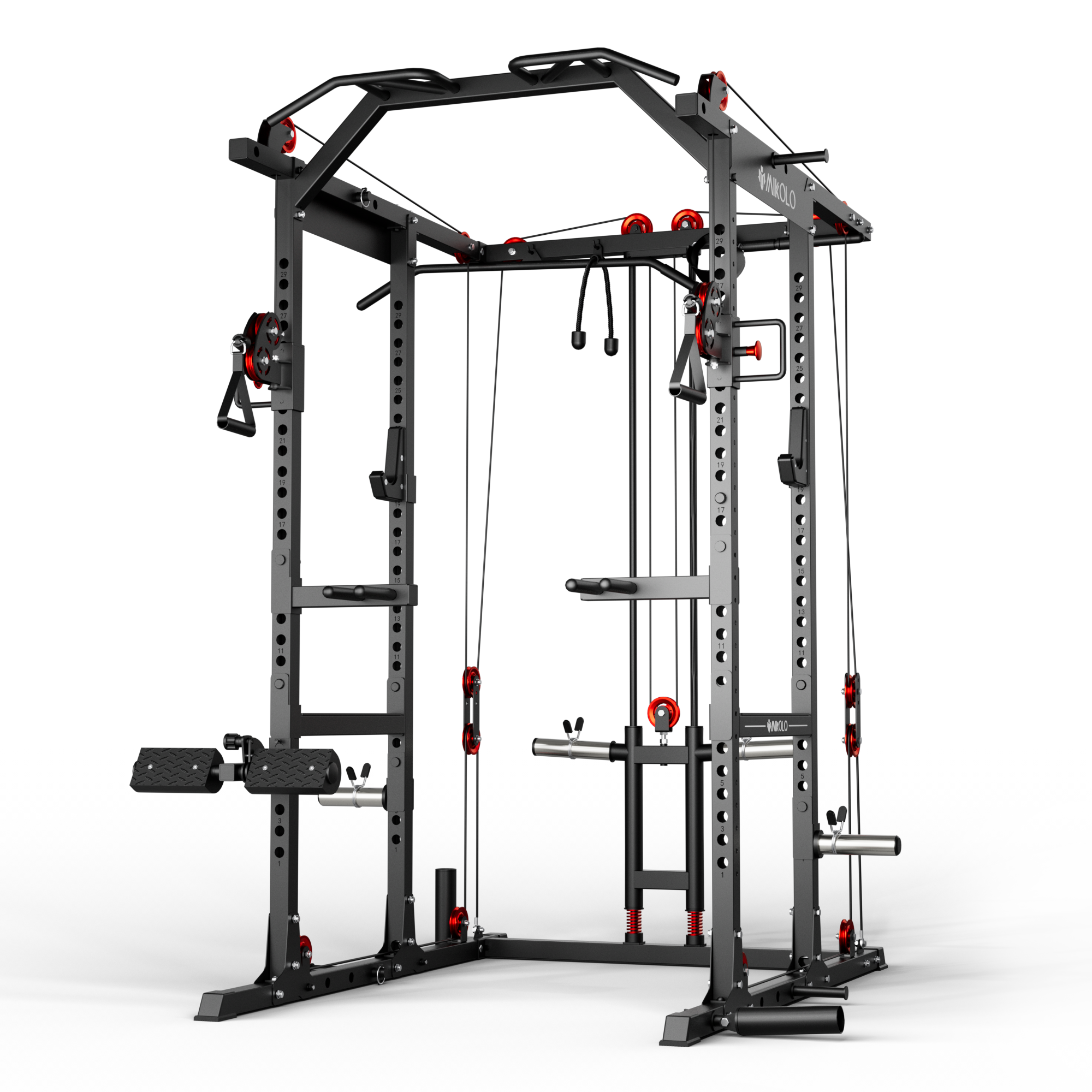

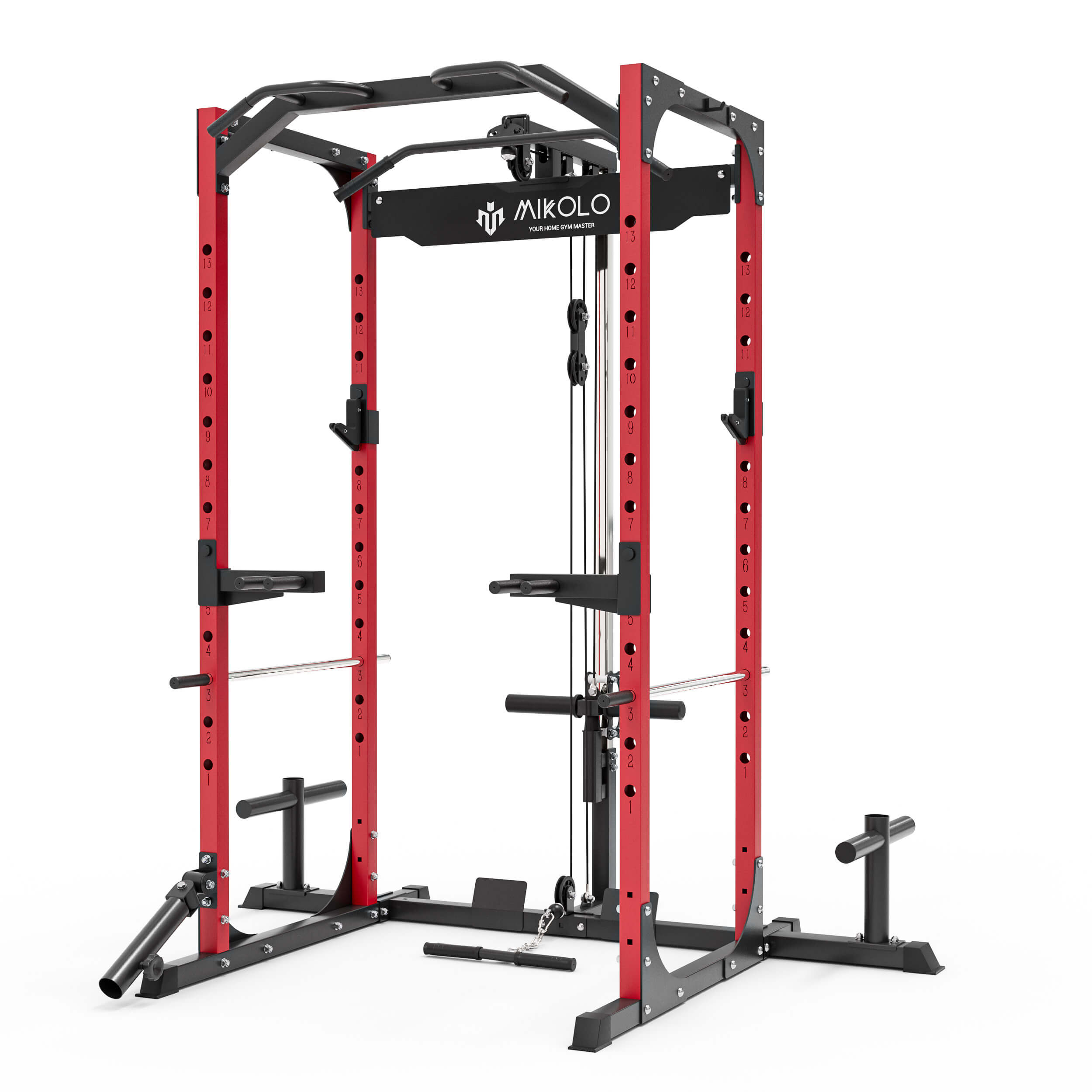







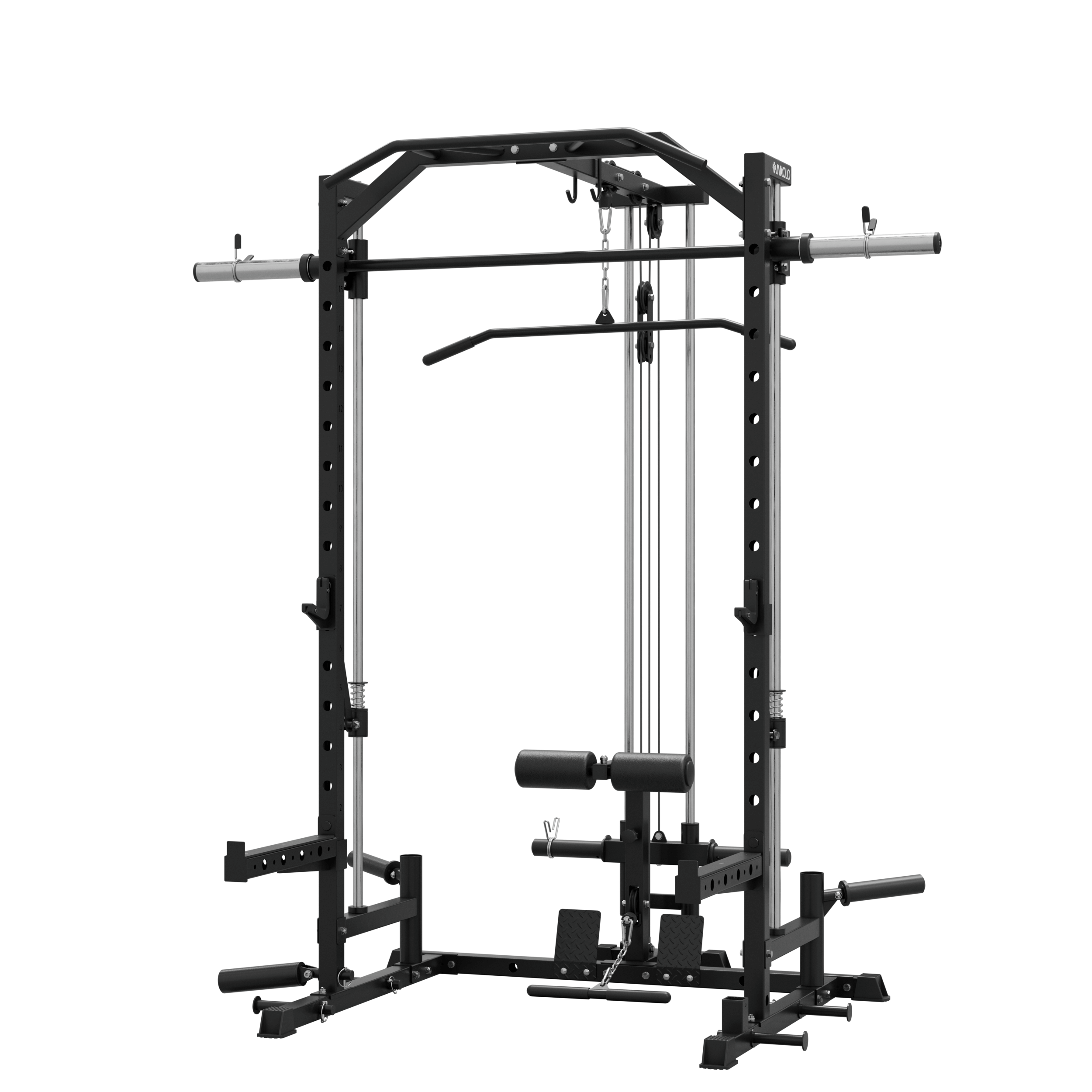


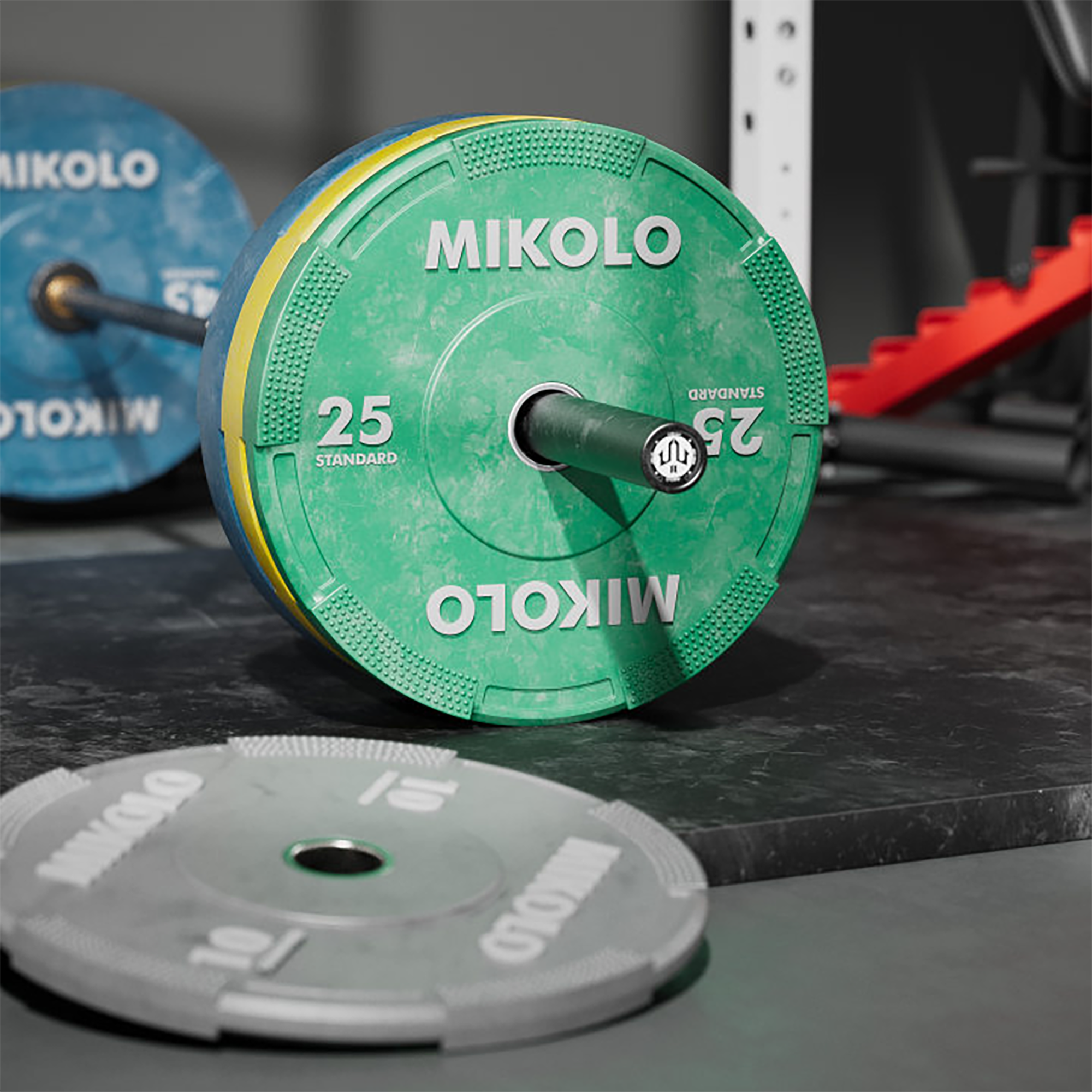






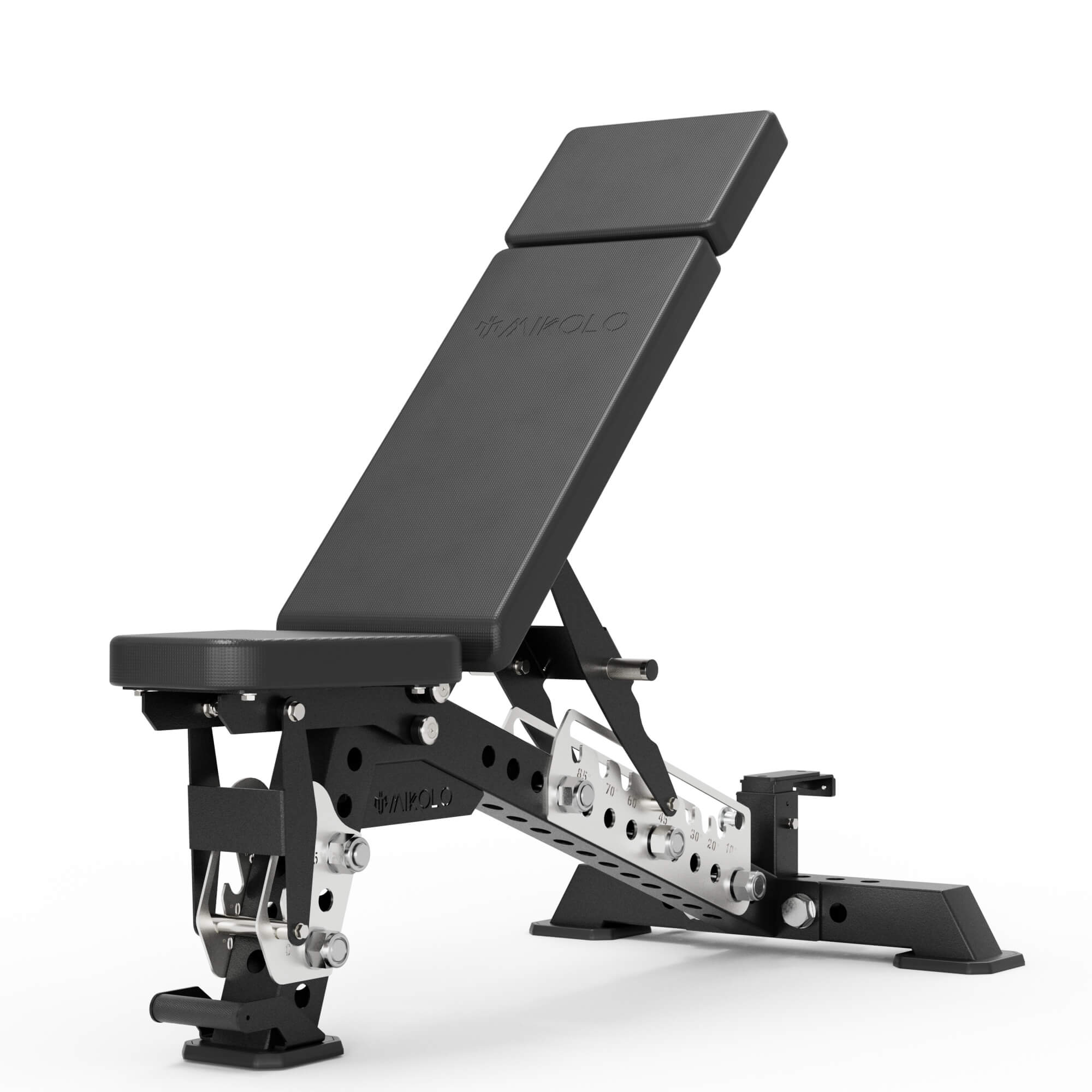
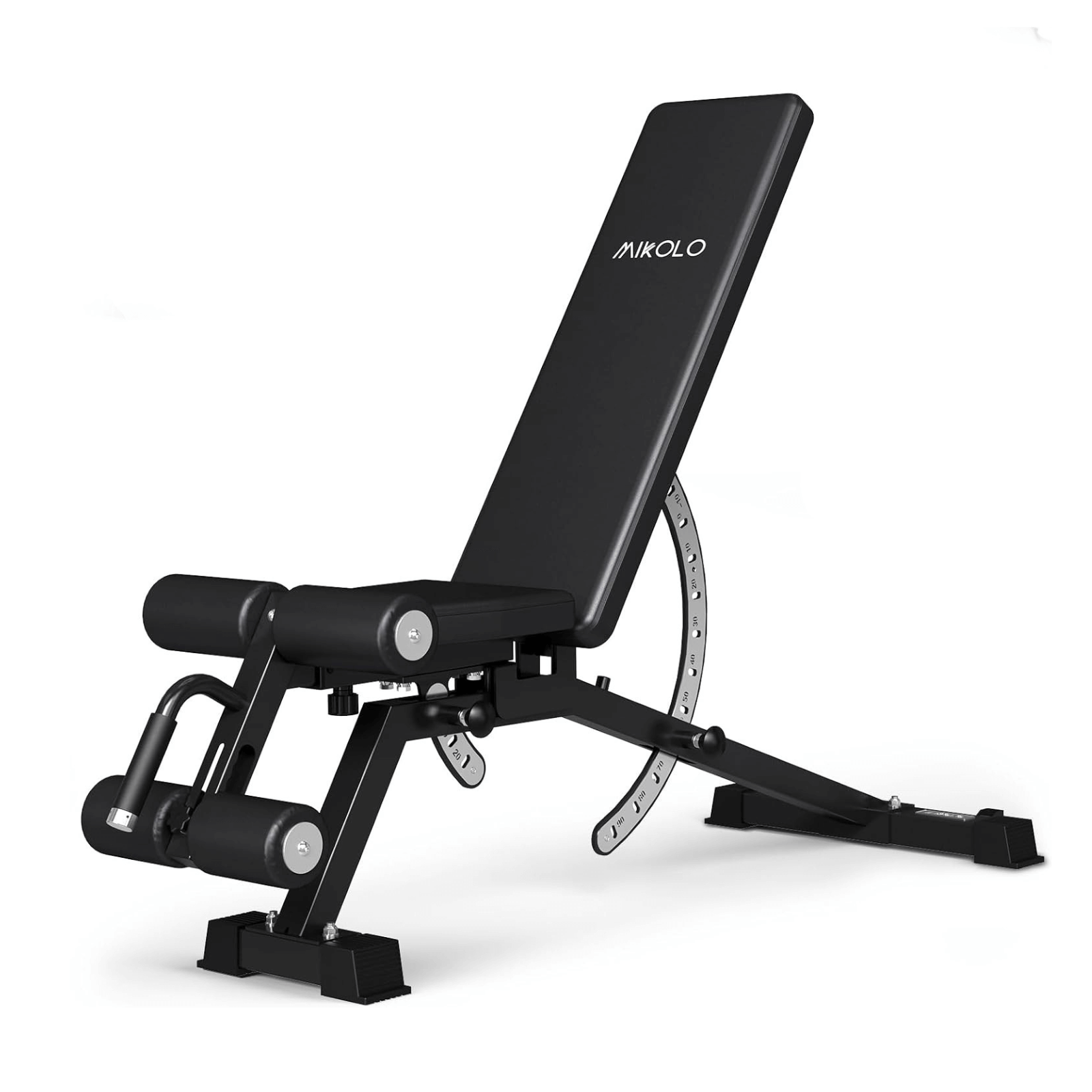



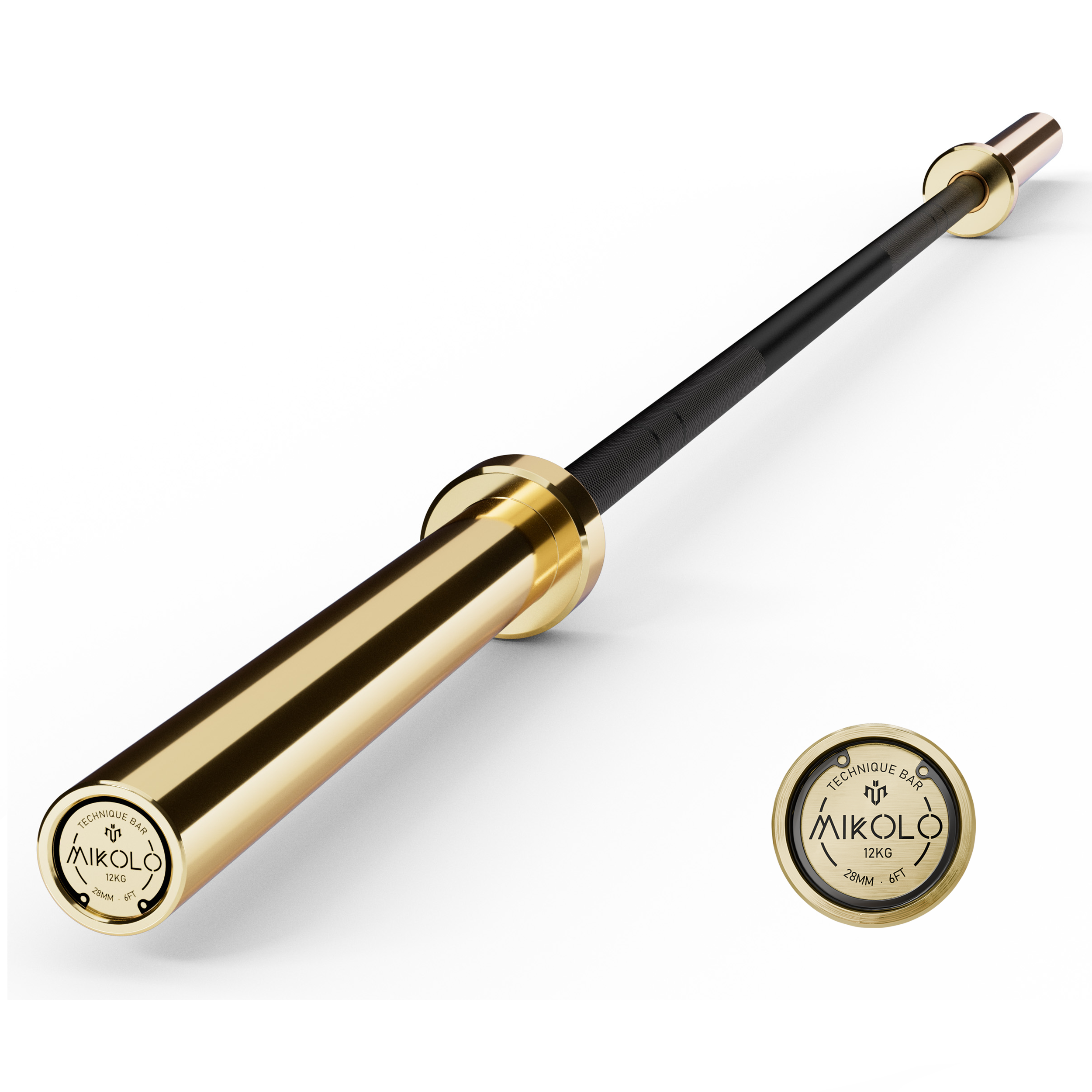
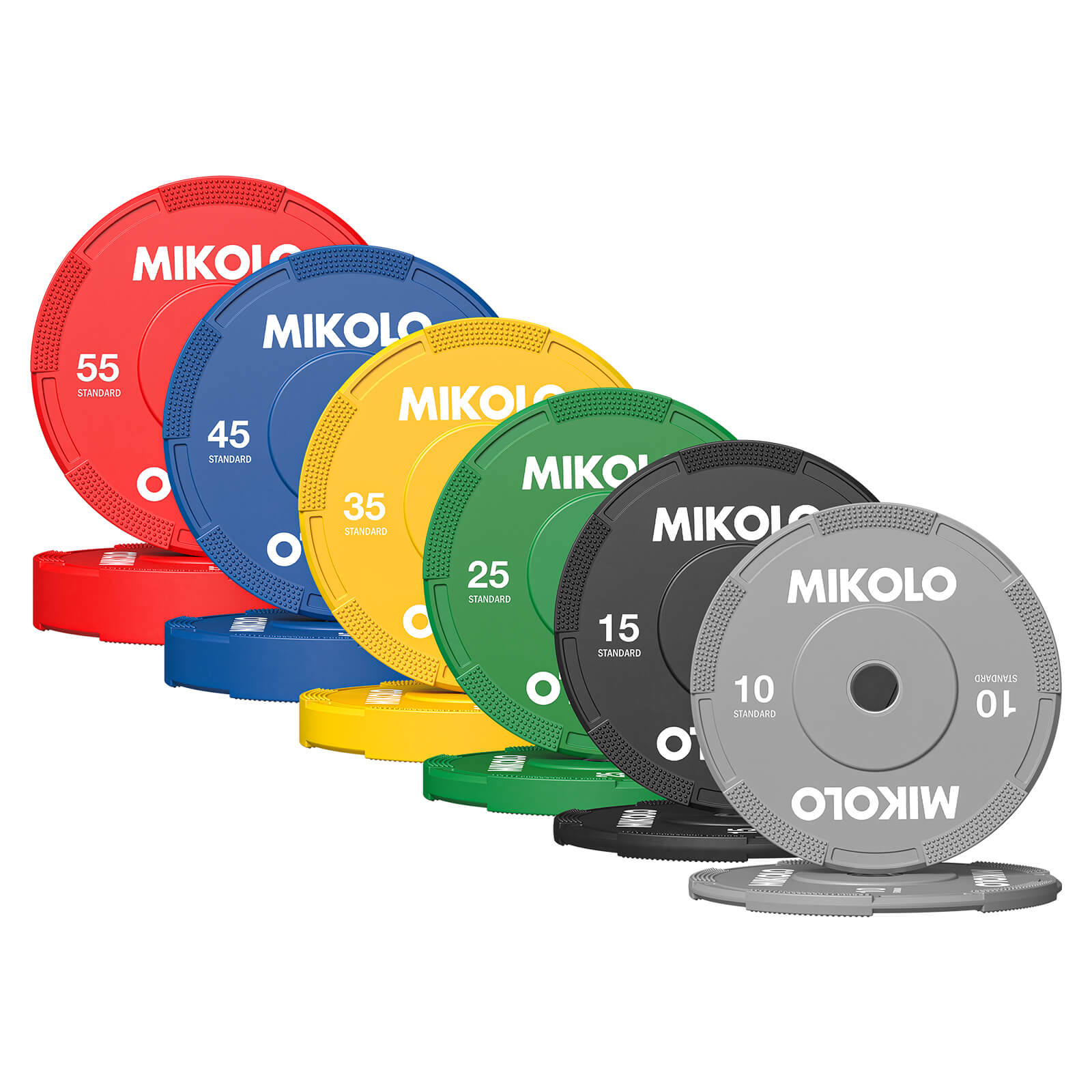

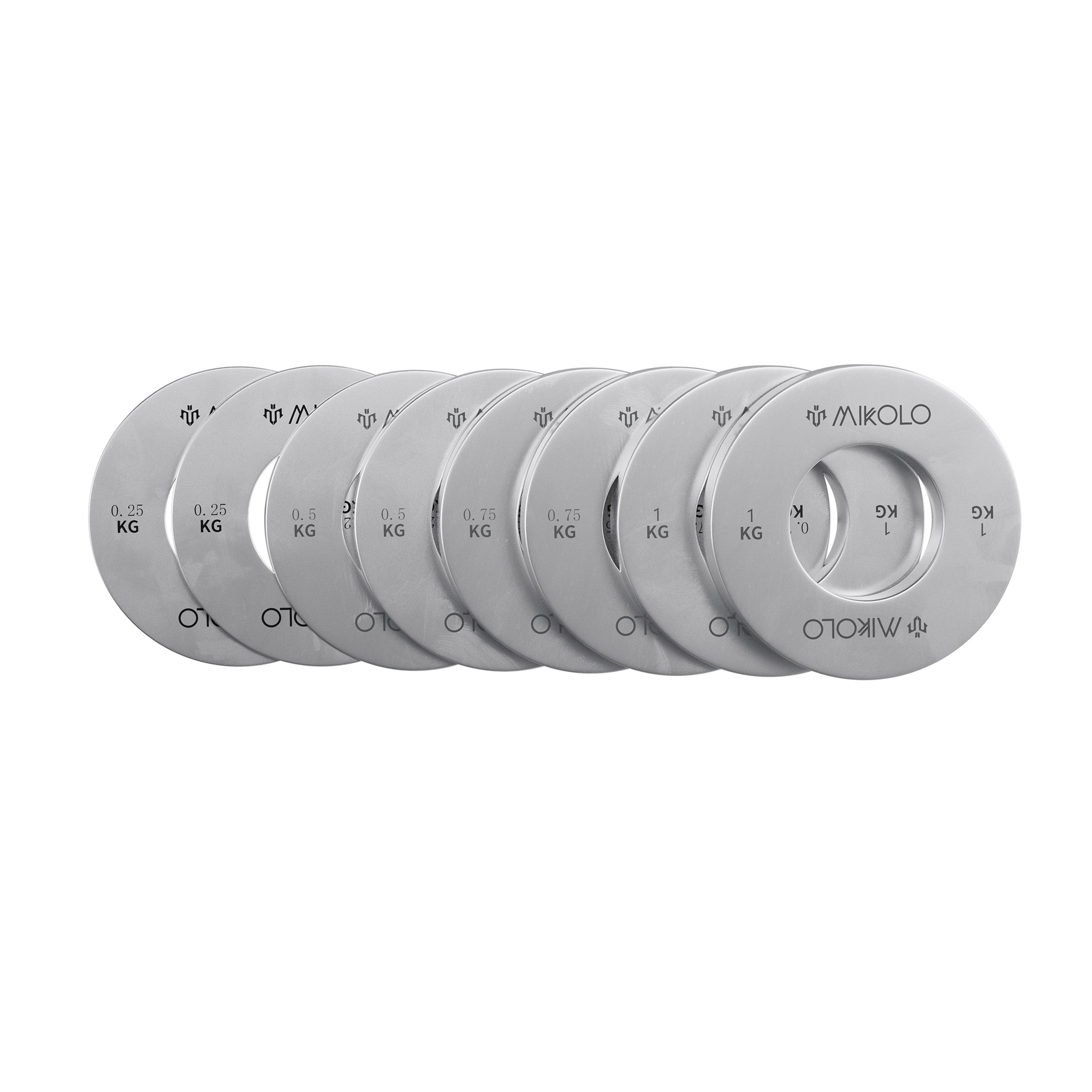

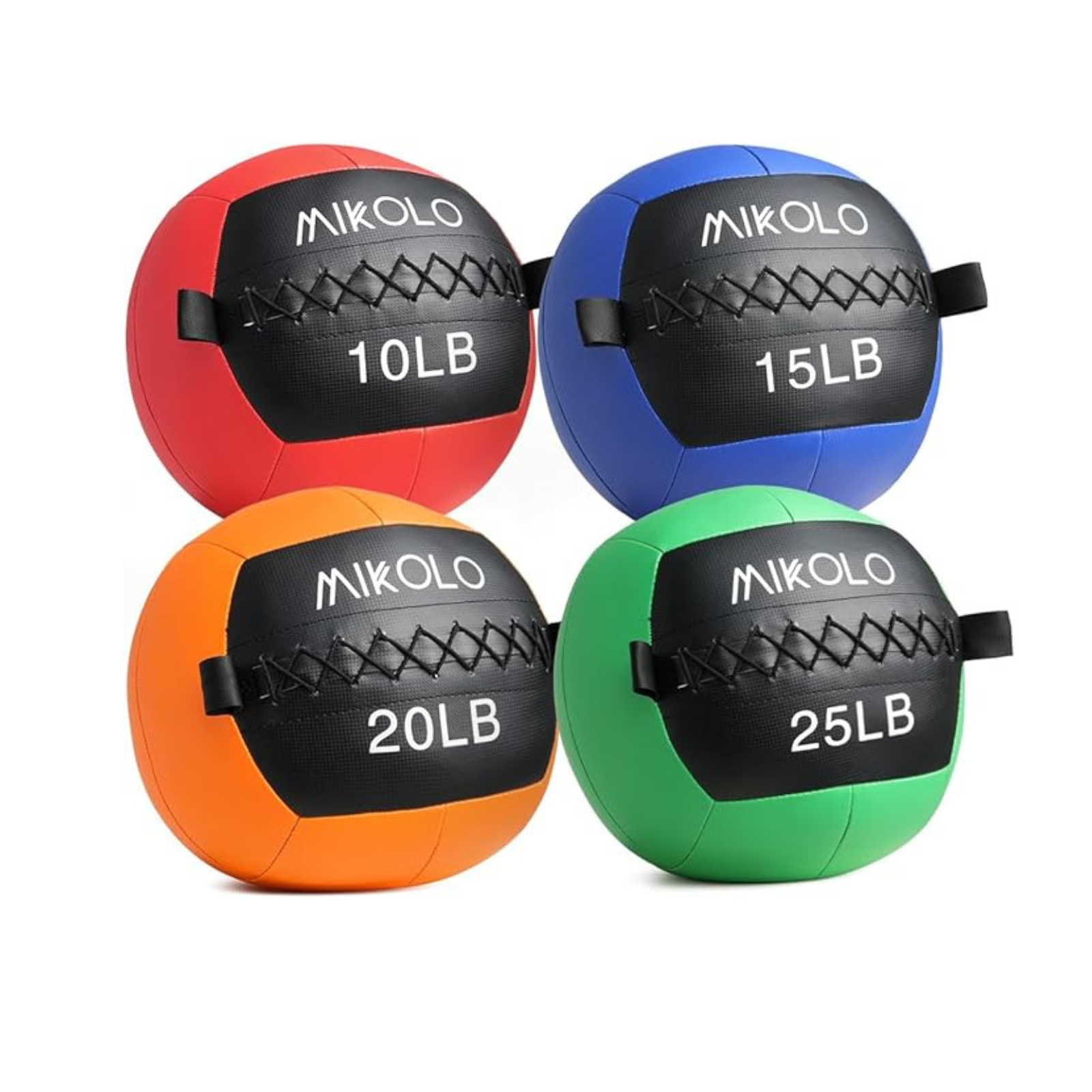
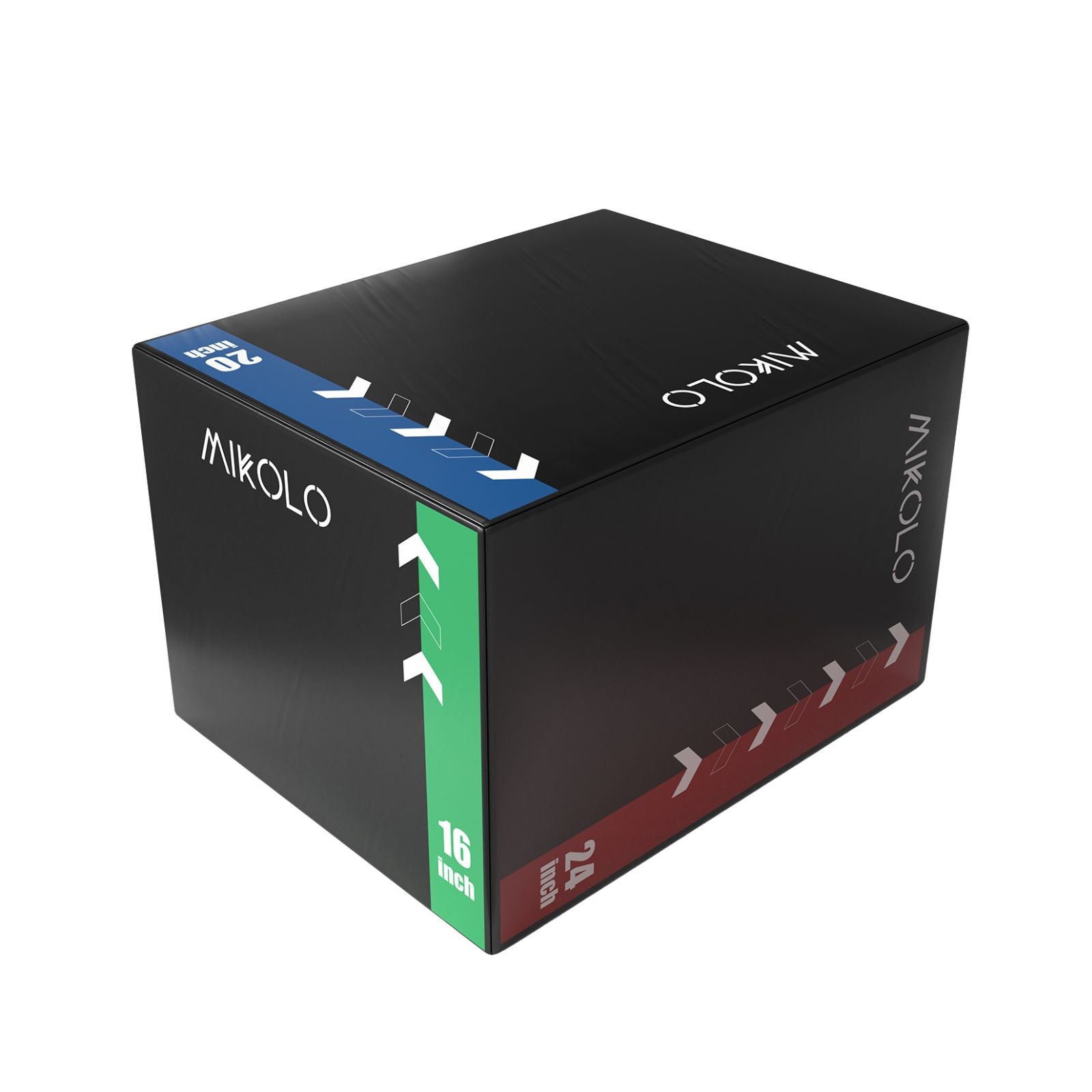






Leave a comment
This site is protected by hCaptcha and the hCaptcha Privacy Policy and Terms of Service apply.